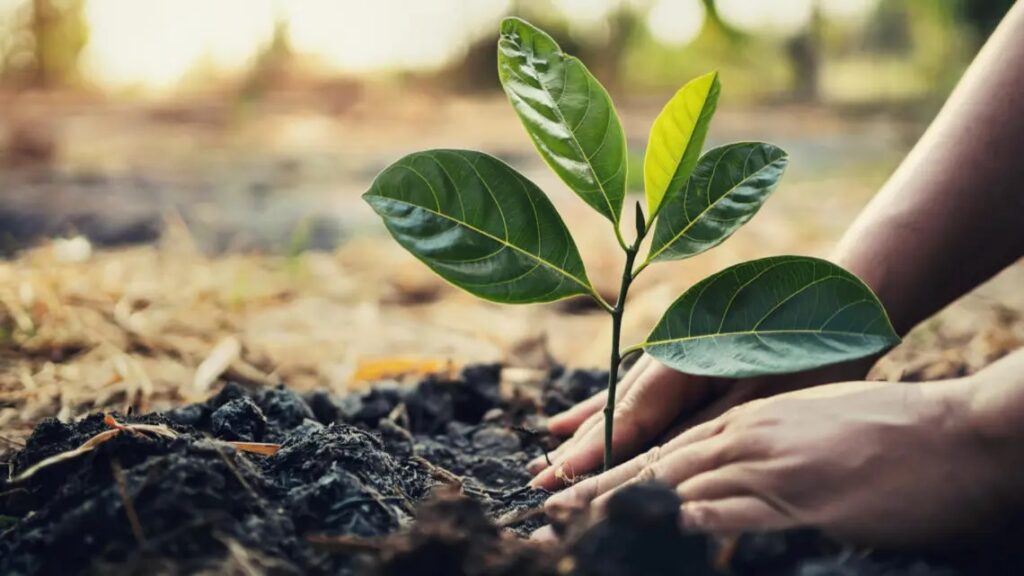Soil serves as the cornerstone of any thriving garden, playing a crucial role in sustaining plant life, regulating water movement, filtering contaminants, and fostering biodiversity. Keeping soil in peak condition involves understanding its physical, chemical, and biological properties, which collectively create a healthy environment for plants and other organisms to flourish.
Nutrient-rich soil brimming with organic matter and beneficial microbes not only improves structure and stability but also enhances fertility. Physically, it should maintain the right balance of moisture and texture to support plant growth. Chemically, it needs to supply vital nutrients and sustain a balanced pH. Biologically, microorganisms break down organic materials, making nutrients more accessible to plants while promoting long-term soil productivity.
For home gardeners, maintaining soil health is especially important. Well-nourished soil retains moisture, minimizes runoff, and acts as a natural filter for harmful pollutants, all while providing a stable foundation for diverse plant species. It even contributes to environmental sustainability by absorbing and storing carbon, playing a modest yet impactful role in reducing climate change. Healthy soil ecosystems also encourage stronger, more resilient plants by supporting beneficial insects and enabling natural pest management.
To enhance soil fertility, homeowners can adopt sustainable practices such as minimizing soil disturbance, applying organic mulches, and enriching the soil with amendments. Adding compost and allowing plant roots to remain undisturbed helps strengthen soil structure and improve water retention. Products like liquid crop fertilizer offer another effective way to replenish nutrients, ensuring plants receive the nourishment they need for steady growth. Additionally, planting a mix of vegetables, flowers, and ground covers can reduce erosion and boost biodiversity by keeping the soil protected year-round.
Modern gardening tools are also making it easier than ever for home growers to monitor and care for their soil. Advanced soil sensors now provide real-time data on moisture levels, nutrient content, and pH balance, enabling gardeners to make informed decisions about soil management. By combining time-tested methods with innovative technologies, homeowners can create healthier, more productive gardens while contributing to a more sustainable environment.

